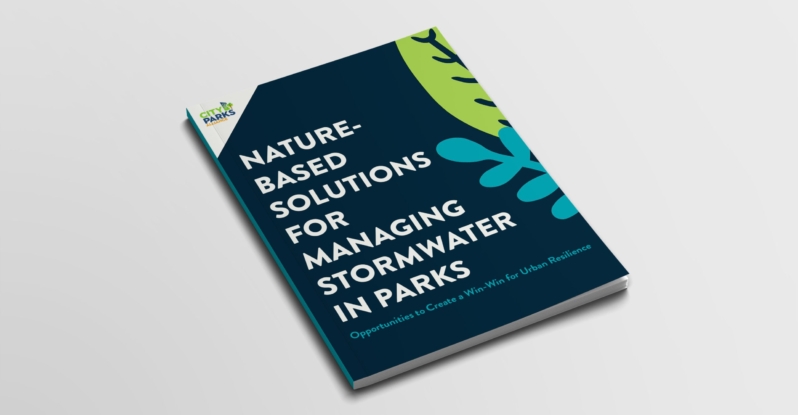Key Findings
- Collecting data from park users on an ongoing basis is invaluable to park maintenance
- Reporting raised brown lawn awareness
- A web-based reporting system is very effective in identifying trouble areas
- Updating and adapting to new technological resources is important for streamlining reporting and maximizing efficiency
Organization description
The San Francisco Parks Alliance (SFPA) was created in October 2011 when the Neighborhood Parks Council and the San Francisco Parks Trust joined forces and combined their experience and expertise in philanthropy, advocacy, park, and open space policy, and community mobilizing. The mission of SFPA is “to inspire and promote civic engagement and philanthropy to protect, sustain, and enrich San Francisco parks, recreation, and green open spaces.” As an independent, nonprofit organization, SFPA works to ensure that parks are accessible, beautiful, safe, clean, fun, and act as well-functioning ecosystems, to align community needs and civic engagement with accountable City government management, and to support park improvements through philanthropic investments.
Program Description:
Created in 2003, ParkScan was an innovative reporting program that allowed park users to report problems. Those reports went directly to the responsible city parks maintenance staff and were posted immediately on http://www.parkscan.org for public viewing. The Web site also featured quarterly reports, showing the most troublesome parks and the progress the parks department had made since last quarter. Since its inception, ParkScan has made significant strides in making condition reporting accessible to the public, and in 2009, ParkScan users made 1,225 observations about 141 parks.
Moreover, ParkScan was an invaluable tool in another important project: the Playground Report Card. Some 17% of issues reported via ParkScan in 2009 were about playgrounds. Therefore, starting on February 1, 2010, SFPA solicited hundreds of ParkScan volunteers to examine their neighborhood playgrounds for maintenance issues. Out of 125 playgrounds, 16 received a D or F grade; many have rotting or splintered wood, dangerous play equipment, graffiti, and no posted rules. These “Report Cards” allow SFPA to exhort the Recreation and Parks Department to make the needed improvements, particularly at the most dilapidated sites.
The launch of San Francisco’s 311 service provided city residents with an alternative resource for reporting park and playground problems. Since the 311 service is available via phone, website, and mobile app, SFPA decided to merge ParkScan with the award-winning 311 service, and ParkScan was discontinued in 2014. SFPA continues to analyze the reported 311/ParkScan data and to prepare annual ParkScan Reports, which are available on their website. The scoring system for rating parks has been very recently updated and will be utilized in annual reports, beginning with 2014.
Program goals/issues addressed
ParkScan’s goal is clean, safe, beautiful and fun parks for all San Francisco residents.
Timeframe (planning/execution)
Since ParkScan was established in 2003, most reported problems were resolved within days, though not usually reported as such by the Recreation and Park staff. Graffiti is removed within 48 hours.
Annual program budget/Funding sources/partnerships and type of support provided
ParkScan was launched through a generous grant from the Alfred P. Sloan Foundation of New York with supplemental funding from the Evelyn and Walter Haas Jr. Fund, and the City and County of San Francisco and had a local budget of $125,000 per year.
The ParkScan Report program is currently managed by SFPA in partnership with the San Francisco Recreation and Parks Department and the San Francisco 311 customer service center.
Results achieved/impact (include as much quantitative data as possible)
Before 2003, San Francisco park users had no reliable way to report problems to parks staff. Both telephone calls to the city and letters to the department were generally ignored. Decreasing staff levels meant that not all parks were maintained on a daily or even weekly basis. By continuously collecting real-time data from hundreds of park users, ParkScan has helped park staff to address problems of which they might not have been aware and to pinpoint crucial park needs, allowing the parks department to improve staffing, management, and allocation of existing staff resources.
Modifications to the ParkScan system in 2005 and 2010 have resulted in an easy-to-use, web-based reporting system that made it possible for anyone with web access to report problems. The highly accessible system pushed user reports of park problems new levels. In 2014, ParkScan reporting transitioned completely to the San Francisco 311 service.



